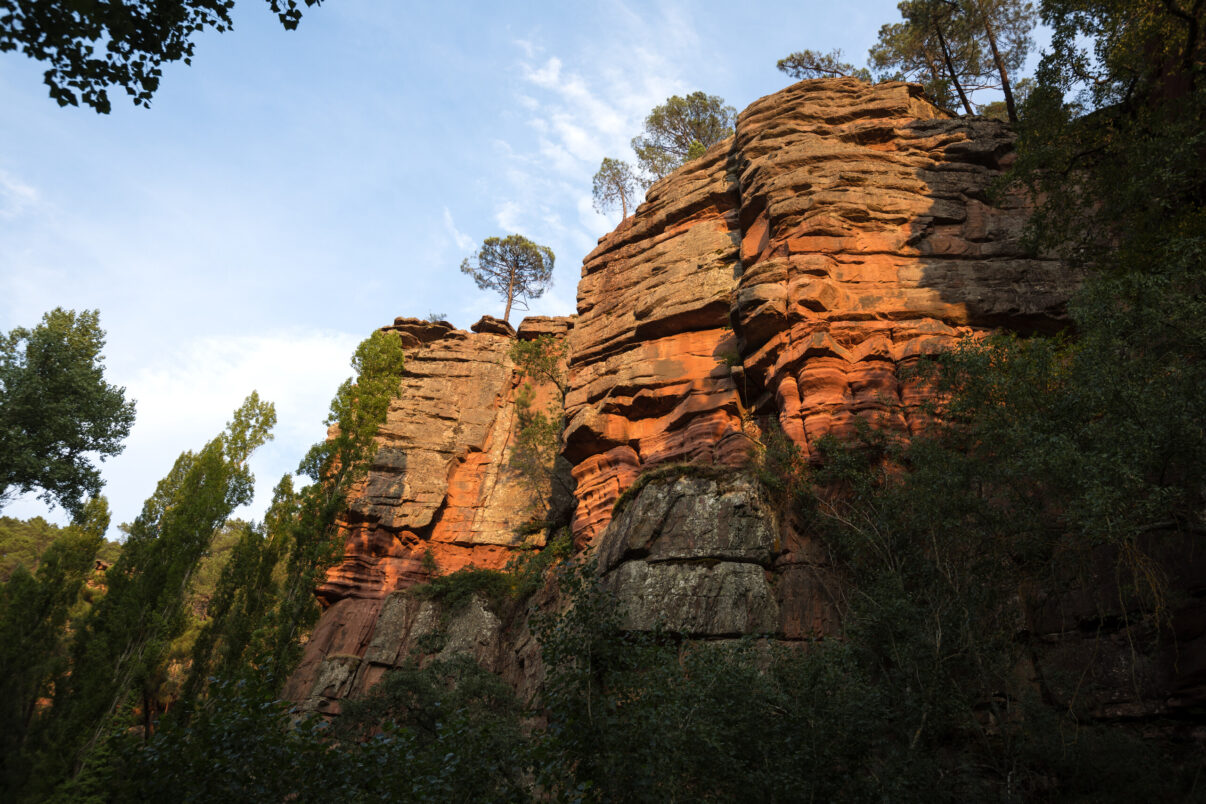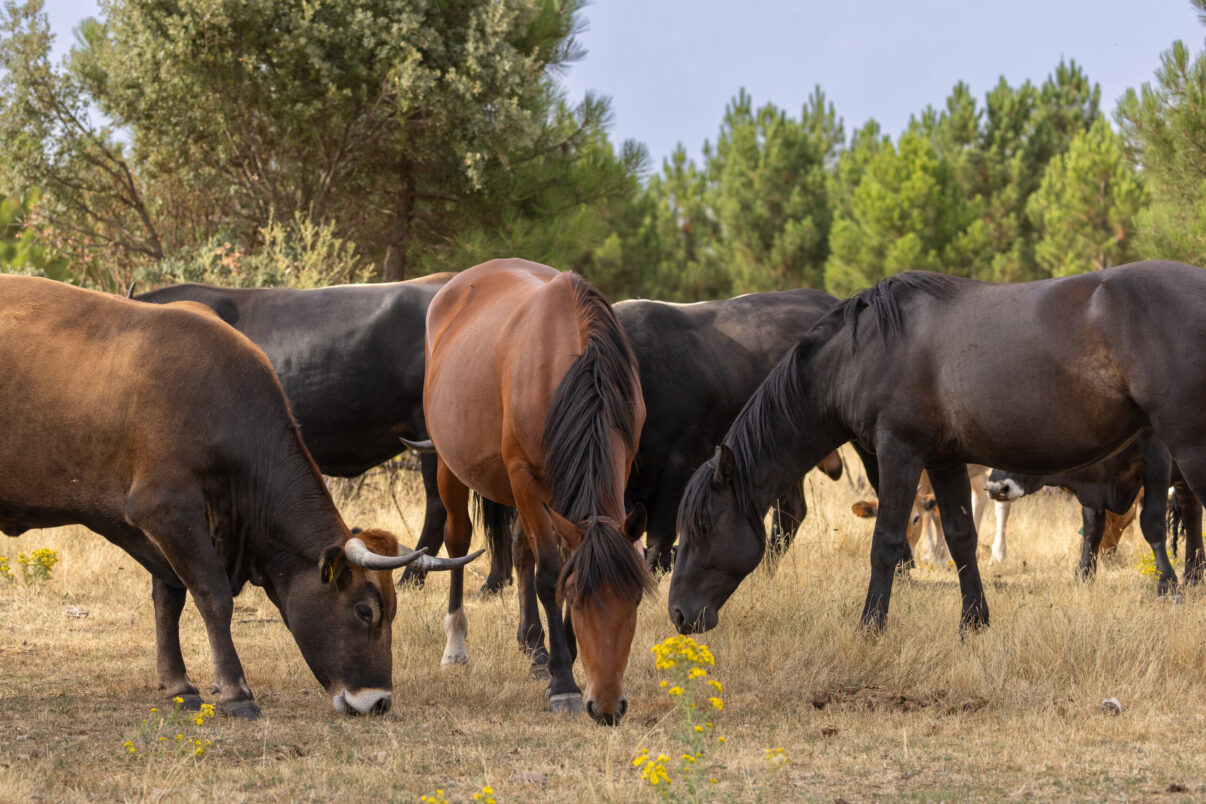Rewilding Spain celebrates five years of pioneering work, leading a large-scale rewilding initiative in the Iberian Highlands and launching a new programme to support the rewilding of public and private estates.
Rewilding has evolved from an innovative concept into a progressive and proven approach to nature recovery. It plays a vital role in tackling climate change, restoring lost biodiversity, and building a more liveable and prosperous world where people and nature thrive together. As awareness grows among citizens, businesses and organisations, the rewilding movement continues to expand—driven by new initiatives, stronger political support, and inspiring examples of wildlife comeback and rural communities being revitalised.
The International Union for Conservation of Nature (IUCN)—the world’s leading authority on nature conservation—has marked a new milestone with the release of its Guidelines for Rewilding. The document positions rewilding at the heart of the global nature recovery agenda, recognising it as a credible, effective and cost-efficient approach to restoring self-sustaining, healthy ecosystems. These guidelines offer an invaluable framework to support and accelerate nature recovery at scale.
At European level, the Nature Restoration Law, adopted by the European Parliament in 2024, further strengthens this vision. The law sets legally binding targets to restore at least 20% of the EU’s land and sea areas by 2030 and all degraded ecosystems by 2050, establishing clear milestones, indicators and monitoring mechanisms. It represents a paradigm shift in how Europe approaches biodiversity and ecosystem recovery.
In Spain, Fundación Española de Renaturalización–Rewilding Spain is at the forefront of this movement. Five years after its establishment, the organisation is implementing the most ambitious rewilding initiative in Southern Europe, covering 850,000 hectares in the Iberian Highlands. Within this landscape, Rewilding Spain has restored over 20,000 hectares for natural grazing by wild and semi-wild herbivores, created a growing network of old-growth forests, promoted ecotourism in collaboration with local partners, and generated twenty direct jobs—remarkable progress in an area that is deeply affected by depopulation and limited economic opportunities.

The organisation also runs an annual environmental education programme in the Iberian Highlands involving hundreds of schoolchildren and coordinates an international volunteer scheme attracting nature enthusiasts from across the globe. Together, these initiatives aim to make nature recovery a driving force for sustainable development in rural Spain, where natural heritage is both a legacy and a future opportunity. This work is carried out with the support of Rewilding Europe, the organisation leading the rewilding movement across the continent.
Expanding opportunities: from estates to marine landscapes
Rewilding Spain’s ambition extends beyond large landscapes. The organisation has launched a new programme to support public and private landowners interested in adopting innovative, ecologically responsible and socially inclusive management practices.

Mara Zamora, General Manager of Rewilding Spain, highlights the importance of this new approach: “We are witnessing growing interest from landowners, and we are committed to supporting estate-level rewilding projects that can serve as inspiring examples and models for others. This is a key pathway to expanding the areas in Spain where natural processes can recover their functionality and deliver tangible benefits for people and wildlife alike.”
The organisation is currently exploring and developing opportunities for estate rewilding in Madrid, Andalusia and Catalonia.
Another strategic focus is the rewilding of marine and coastal environments. In collaboration with Rewilding Europe, Rewilding Spain is working towards the creation of a marine–coastal rewilding landscape. The initiative aims to restore natural processes, establish larger and more effective no-take zones, and rewild land–sea interactions and associated hydrological systems—helping oceans regain their vitality and resilience.
As political, social and civic agendas increasingly recognise, caring for nature means caring for the health of our planet and all its inhabitants. The connection is inseparable.
In the words of Mara Zamora: “Rewilded spaces, inspired by the principles of rewilding, offer an opportunity to reconnect with untamed nature—the kind that reminds us of our essential bond with the natural world. They are places of refuge and psychological wellbeing, providing balance and inspiration. We must value and protect this invisible benefit—an ecosystem service perhaps less obvious, but as vital as any other that nature provides.”